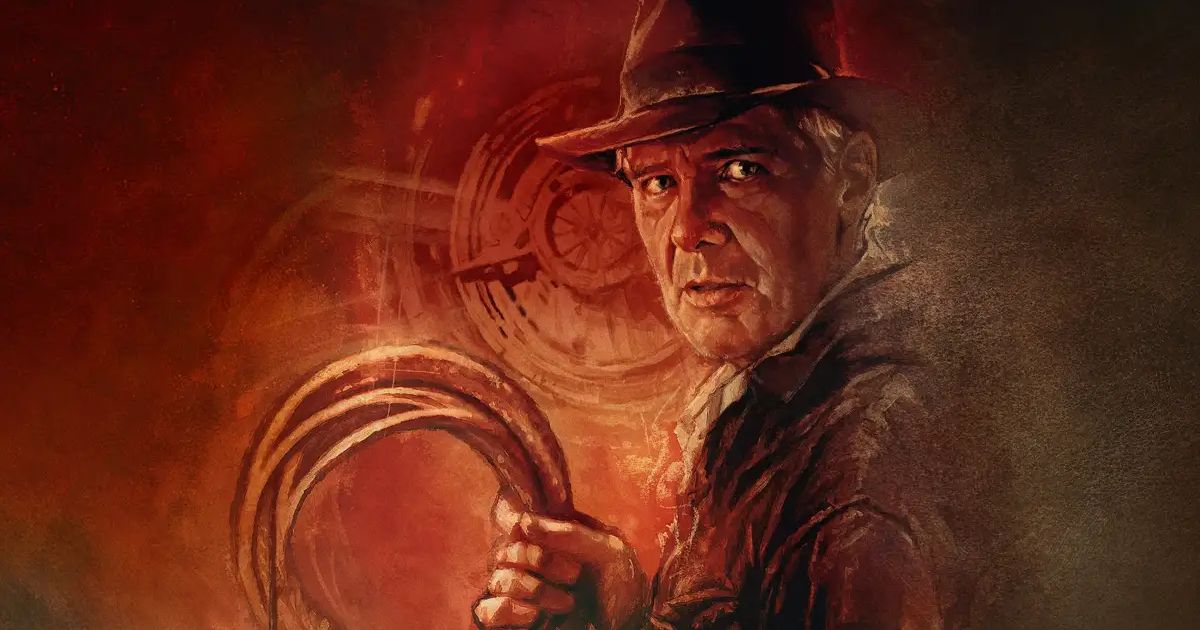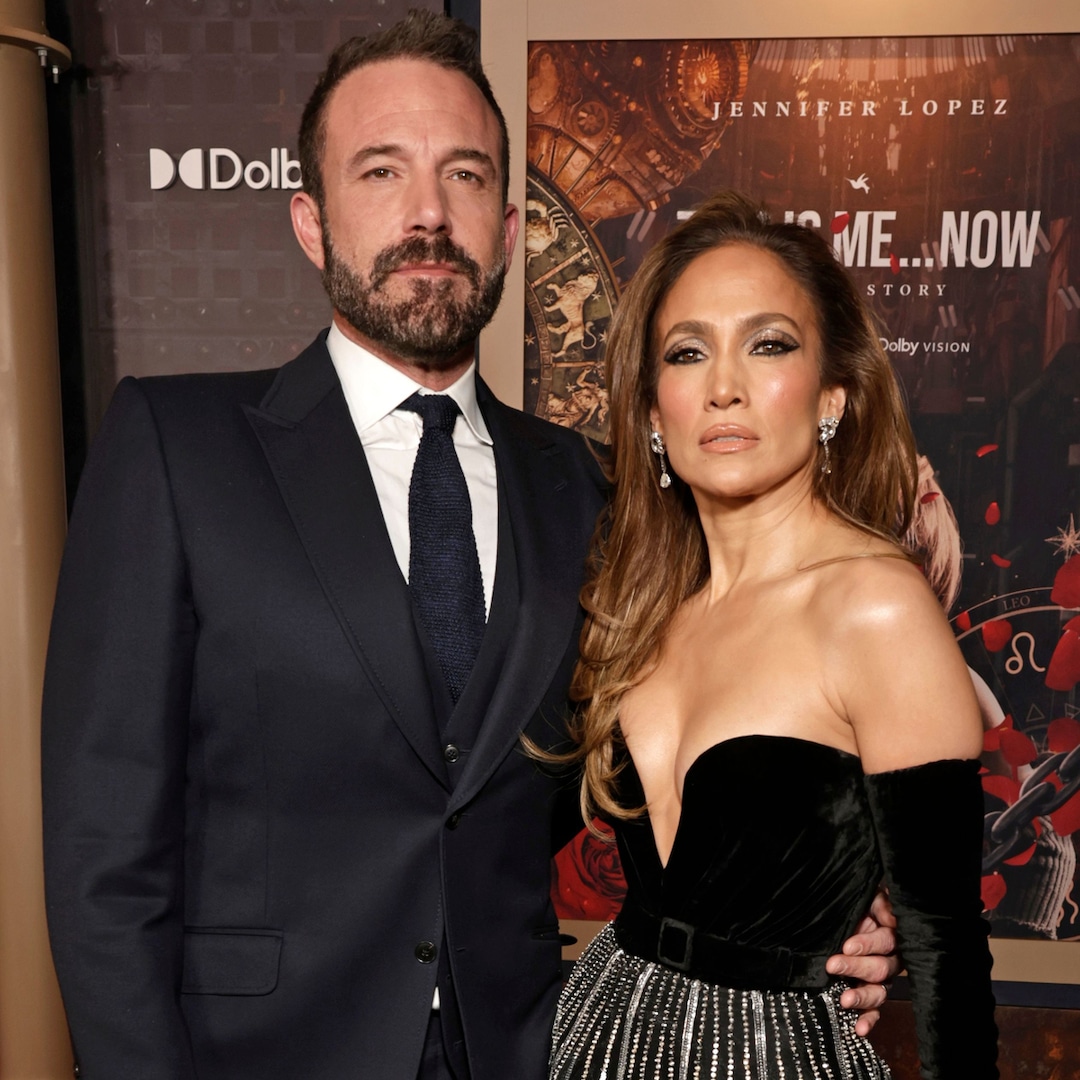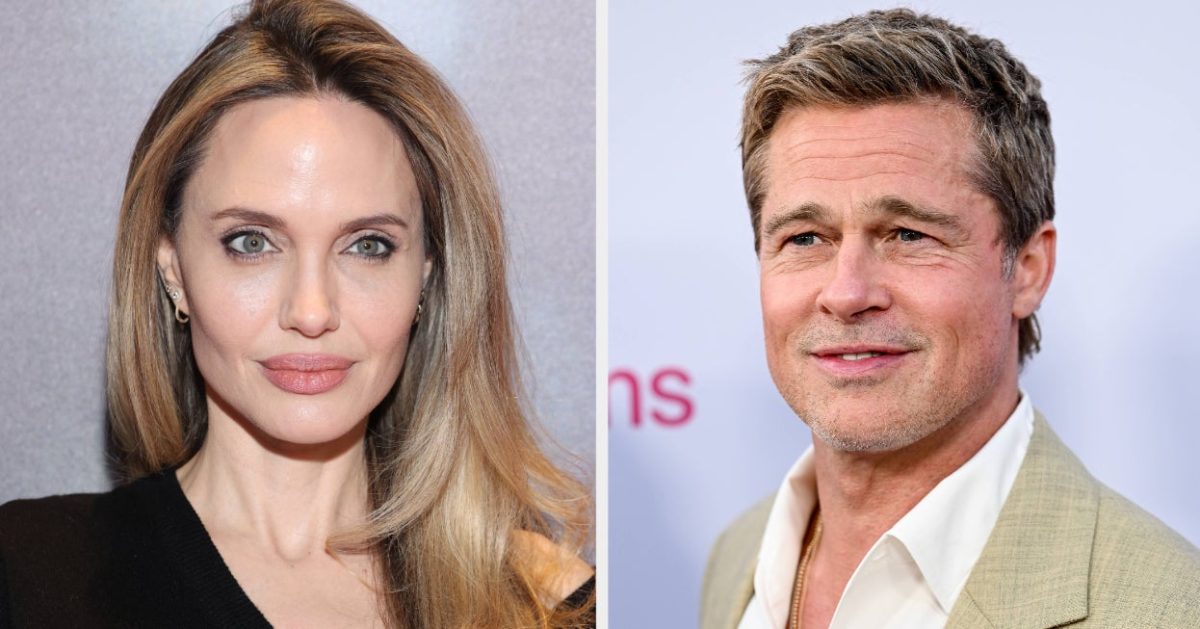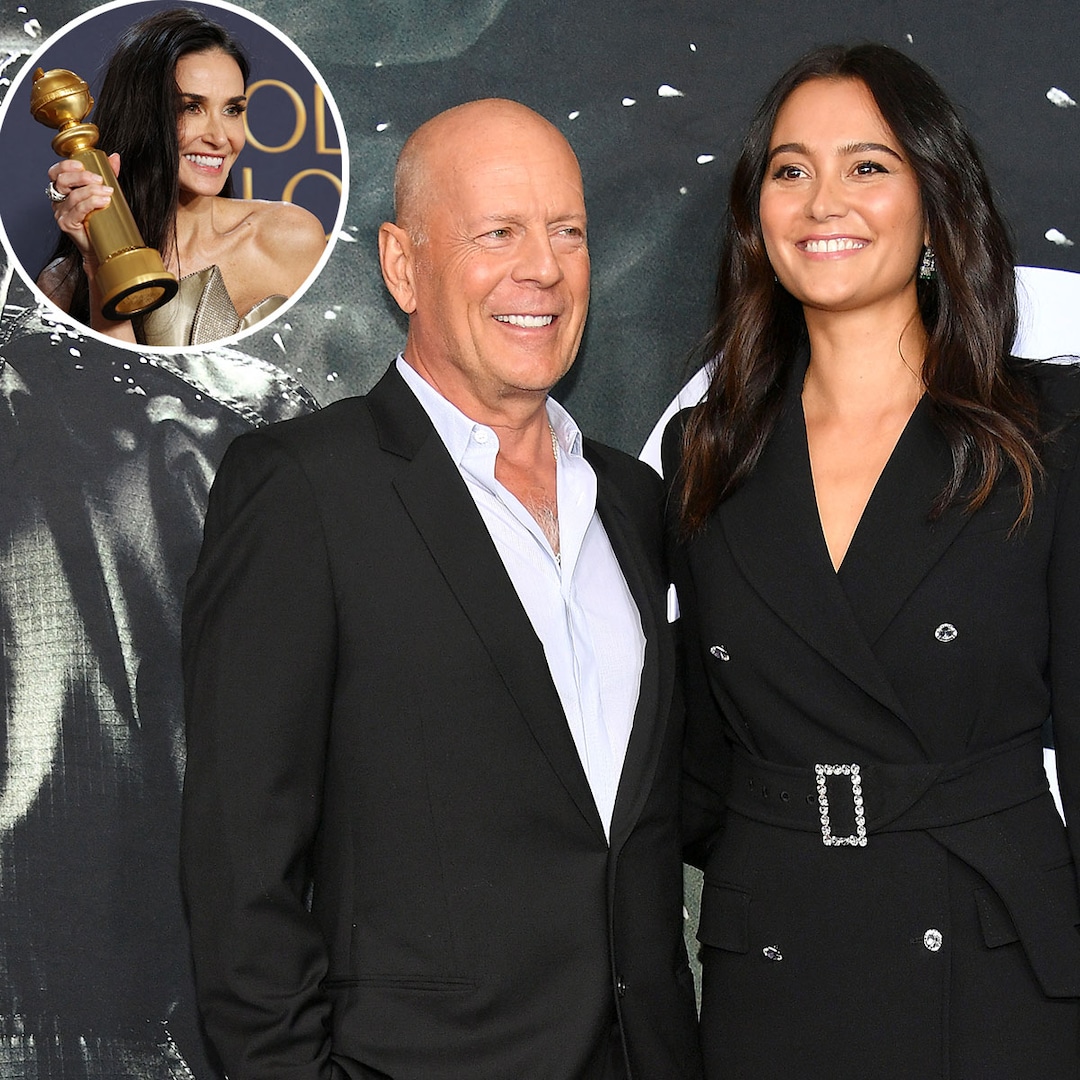
Breaking Down Every Reason the Film Is a Box Office Failure
Jul 23, 2023
Indiana Jones and the Dial of Destiny had a disappointing opening weekend at the box office, collecting a meager $60 million domestically. Many box office forecasters predicted this outcome weeks in advance. The fifth chapter of the Indiana Jones franchise seemed doomed from the outset, but how could a series with such strong brand awareness, a renowned star in Harrison Ford, and a previously established commercial appeal financially fail so drastically?
Prepare for a thorough investigation of the several variables that contributed to this movie’s regrettable box office failure as we enter the complex maze of nostalgia’s effect, the franchise’s connection (or lack thereof) with the younger cohorts, and the dangerous tightrope dance when depending only on well-worn clichés.
Nostalgia and the Generation Gap
Walt Disney Studios Motion Pictures
Success at the box office has frequently been attributed to a feeling of nostalgia, with brands combining this with modernized special effects. Dial of Destiny is one of several recent summer blockbusters that have failed to repeat its success. The Indiana Jones series is not as relevant to younger generations, which is one of the key reasons for its lack of attraction. People born in the 1990s and the first decade of the 2000s had access to diverse pop culture icons, like Spider-Man, X-Men, and Harry Potter.
Related: Is Phoebe Waller-Bridge Replacing Harrison Ford in the Indiana Jones Franchise?
It was challenging for these viewers to connect with Dial of Destiny’s nostalgic components since the original Indiana Jones movies didn’t have the same meaning for them. In addition, audiences with a hazy memory of the prior films found nothing particularly interesting or compelling in the opening action sequence, which was meant to recapture the atmosphere of the original films. Dial of Destiny’s approach was unoriginal, which made it harder for it to hold spectators’ attention.
Franchise Potential and Multigenerational Appeal
Walt Disney Studios/Lucasfilm
Indiana Jones was unable to develop a fan base that spans generations, unlike other series like Star Wars. The Star Wars series has more momentum and effect than the original trilogy, despite the first trilogy’s high acclaim. A new generation of Star Wars fans were effectively won over by the prequel trilogy, and the franchise’s ongoing presence in video games and animated series has added to its continuing appeal.
In contrast, Indiana Jones’ fanbase shrank in the twenty-first century as a result of his limited interaction with newer and younger admirers. Dial of Destiny struggled to connect with a larger audience because of this lack of growth.
Related: How Indiana Jones and the Dial of Destiny Ignores Its Greatest Asset, Explained
The significance of cross-generational appeal is brought out by contrasting the Spider-Man franchise’s strategy. Through a series of reboots, Spider-Man: No Way Home was able to effectively unite fans from multiple periods, including the Tobey Maguire and Andrew Garfield eras. A more substantial and varied fan base was established because of the Spider-Man franchise’s ability to draw viewers from many generations.
The Limitations of Nostalgia in Filmmaking
Walt Disney Studios
While it may be an effective tool for writers and directors, nostalgia is not a surefire recipe for a hit movie. The Flash and other recent films like Dial of Destiny show the dangers of drawing people only through nostalgia. The primary audience for nostalgia is those who have a personal connection to the original content; it does not necessarily appeal to newer or younger viewers who don’t have that connection. To appeal to both ardent followers and brand-new viewers, filmmakers must find a balance between paying homage to the past and offering novel experiences.
The $295 million production budget for Indiana Jones and the Dial of Destiny was the largest of any prior Indiana Jones film. It makes it obvious that the final film in which Harrison Ford plays the lead heroic character would not be cheap, but Dial of Destiny didn’t appear to benefit significantly from the astounding sum of money invested in it.
The movie’s stated budget is approximately $300 million, and traditionally, a film has to earn more than twice its budget in order to turn a profit. This takes into account a marketing budget that is estimated to be around $100 million for Dial of Destiny. Accordingly, the film would need to bring in at least $750 million to turn a profit.
All things considered, Indiana Jones and the Dial of Destiny’s lack of success commercially may be linked to its emphasis on nostalgia and its limited appeal to newer generations. The franchise was not able to develop the intergenerational fan base that other popular properties, like Star Wars and Spider-Man, have done.
Filmmakers must think about the larger audience and discover methods to make their works relevant and interesting to audiences across different age groups if they want their films to succeed at the box office. Studios may provide a more accessible and appealing cinematic experience for viewers of all generations by taking lessons from Dial of Destiny and other nostalgia-driven movies’ flaws.
Publisher: Source link
Celebrities With Their Own Companies
Celebrities With Their Own Companies Whether you aspire to be an actor or musician, getting the shot at a big break is hard enough. But managing to make a career outside of what you were already famous for? Now that's…
Jan 7, 2025
Jennifer Lopez Reunites With Ex Ben Affleck at His Home
Jennifer Lopez & Ben Affleck Reunite at His L.A. Home Amid EstrangementThis is a pair of friendly exes...now. Less than five months after filing for divorce from estranged husband Ben Affleck, Jennifer Lopez reunited with the two-time Oscar winner at…
Jan 7, 2025
Why Angelina Jolie Won’t Talk About Brad Pitt Divorce
Why Angelina Jolie Won't Talk About Brad Pitt Divorce For a quick reminder, Brad and Angelina started dating back in 2005 after meeting on the set of their movie Mr. & Mrs. Smith. They didn’t get married until August 2014,…
Jan 6, 2025
Bruce Willis’ Wife Emma Reacts to Demi Moore’s 2025 Golden Globes Win
Demi—who wore custom Armani Privé to the event—beat out fellow nominees Amy Adams, Cynthia Erivo, Karla Sofía Gascón, Mikey Madison and Zendaya in her category. And when accepting her award, the 62-year-old shared a powerful message on overcoming a "low point"…
Jan 6, 2025











